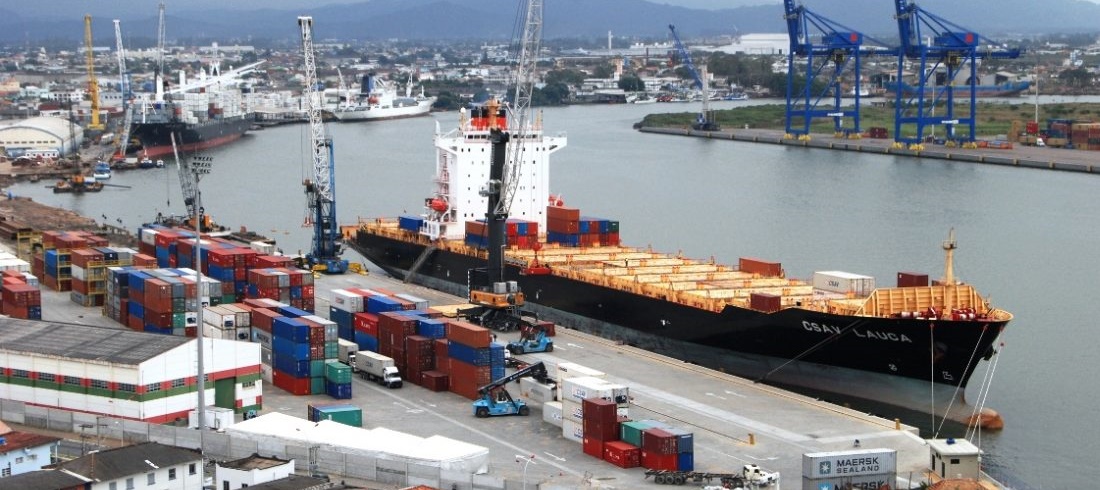
Antaq gathers contributions submitted to Port of Itajaí bidding hearing
Jul, 01, 2022 Posted by Gabriel MalheirosWeek 202226
Antaq will analyze the contributions gathered during Public Hearing No. 05/2022, which refers to the bidding process of the Port of Itajaí, Santa Catarina. The decision took place on June 28. Now, the records will be forwarded to the Ministry of Infrastructure.
The bidding of the Port of Itajaí will allow the future concessionaire to manage the port and operate containers, providing services directly to port users (shippers, exporters, importers). The winner of the bidding contract shall invest BRL 2.8 billion on a scattered basis throughout the 35 years provided for in the agreement, renewable up to a limit of 70 years at the discretion of the Ministry of Infrastructure.
In addition to investing in new assets, the lessee will have to disburse more than R$ 44.4 million in compensation for unamortized/depreciated assets.
See below the track record of container throughput at the Port of Itajaí from January 2021 to May 2022. The data below was extracted from Datamar’s market intelligence service DataLiner.
Container throughput at the Port of Itajaí | Jan 2021 – May 2022 | TEUs
Source: DataLiner (click here to request a demo)
The estimated value of the concession contract for the full term is R$7.8 billion. The minimal grant amount must be at least R$ 603 million.
Brazilian or foreign legal persons, including financial institutions, as well as Equity Investment Funds (FIPs) and supplementary pension entities, may participate in the auction.
-
Other Cargo
May, 08, 2024
0
Brazil VP Alckmin Joins Boston Scientific Factory Expansion in Minas Gerais, Targeting Export Growth
-
Grains
Feb, 09, 2023
0
Brazil to lead global exports of soy and corn
-
Ports and Terminals
Aug, 30, 2023
0
Brazil’s port infrastructure gets boost with R$898 million funding approval
-
Other Logistics
Aug, 19, 2021
0
Agribusiness drives road freight volume in Brazil up 67.5% in the 1st semester

